2022 Nobel Prize in Chemistry Awarded for a New Way of Building Molecules
|
|
 | |||||
| October 05, 2022 | |||||
 | |||||
| |||||
| |||||
| |||||
| |||||
| |||||
| |||||
| |||||
| |||||
| |||||
| |||||
| LATEST ISSUES | |||||
| |||||
| Download the Scientific American App | |||||
|
.png)
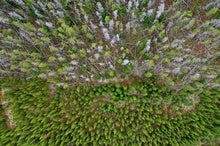

.jpg)


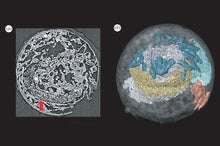



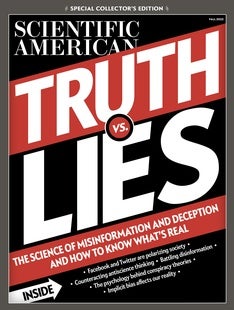


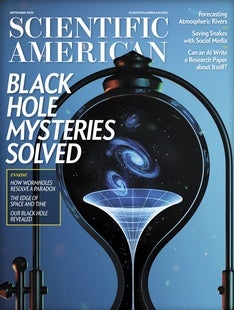
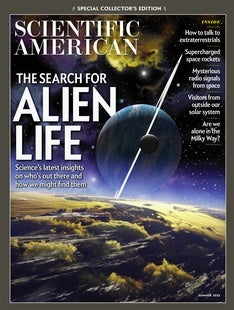



Comments
Post a Comment